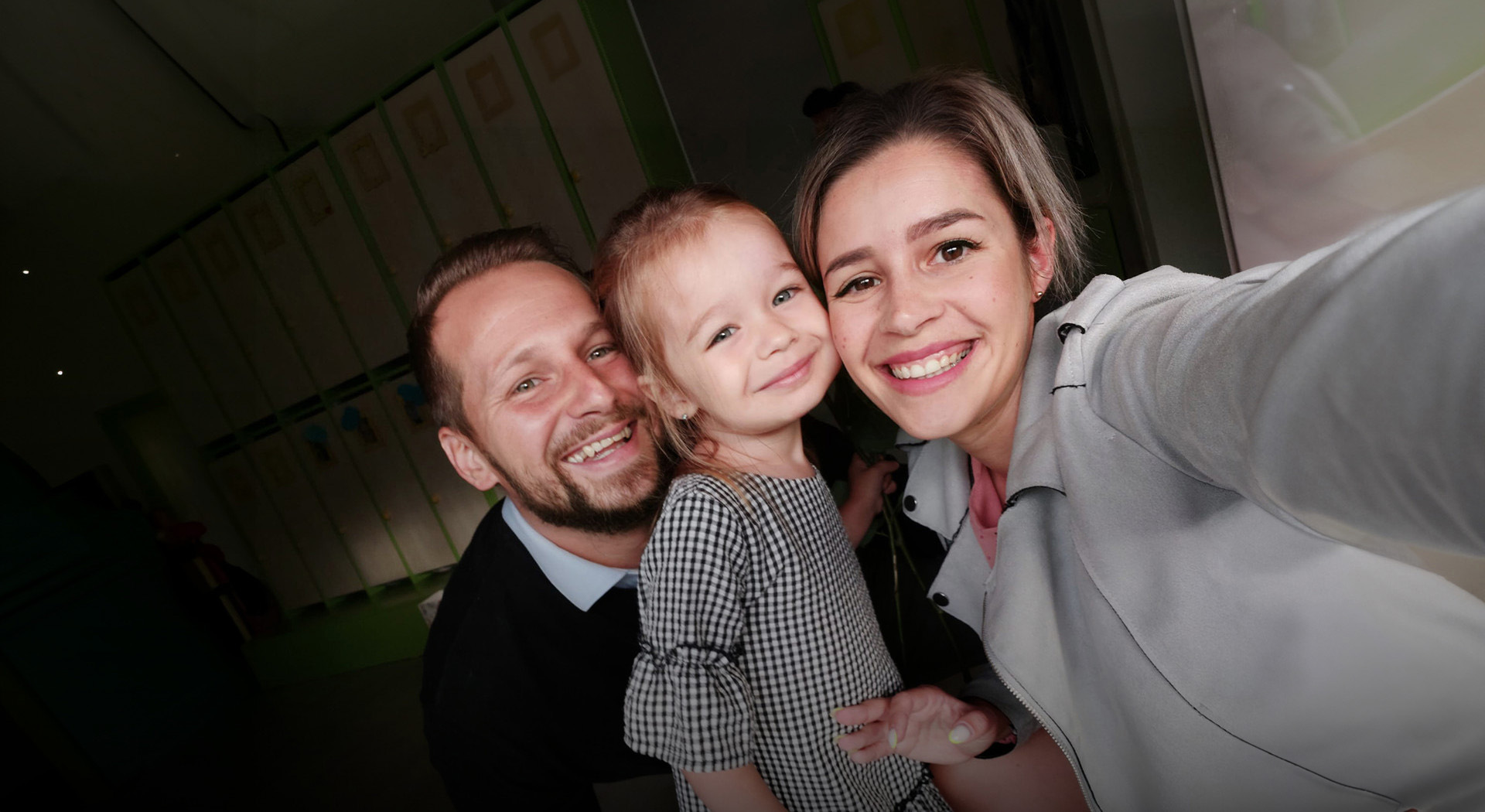

PSYCHOLOGY FOR PARENTS AND COACHES
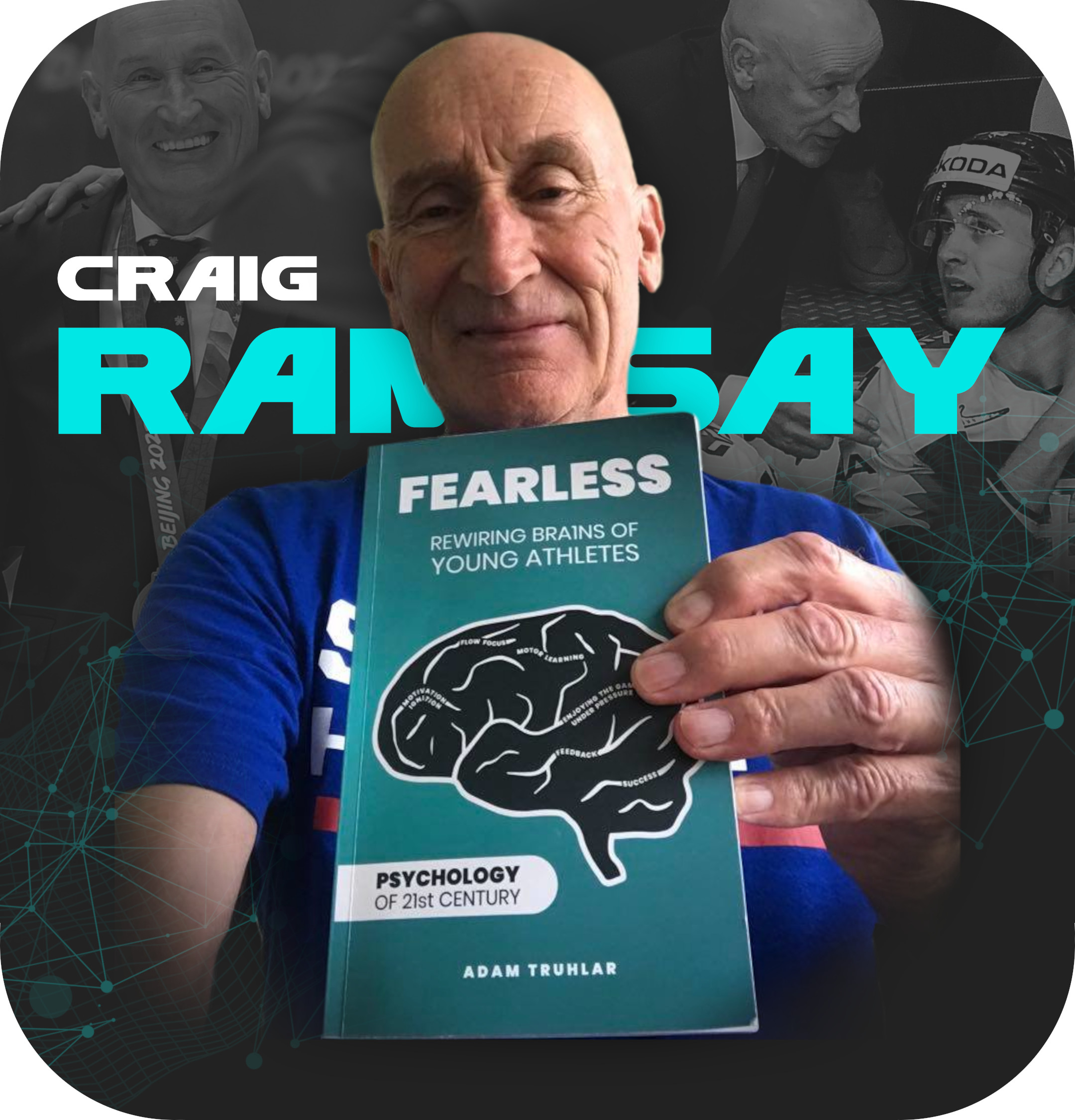
MODEL OF
MIND DEVELOPMENT
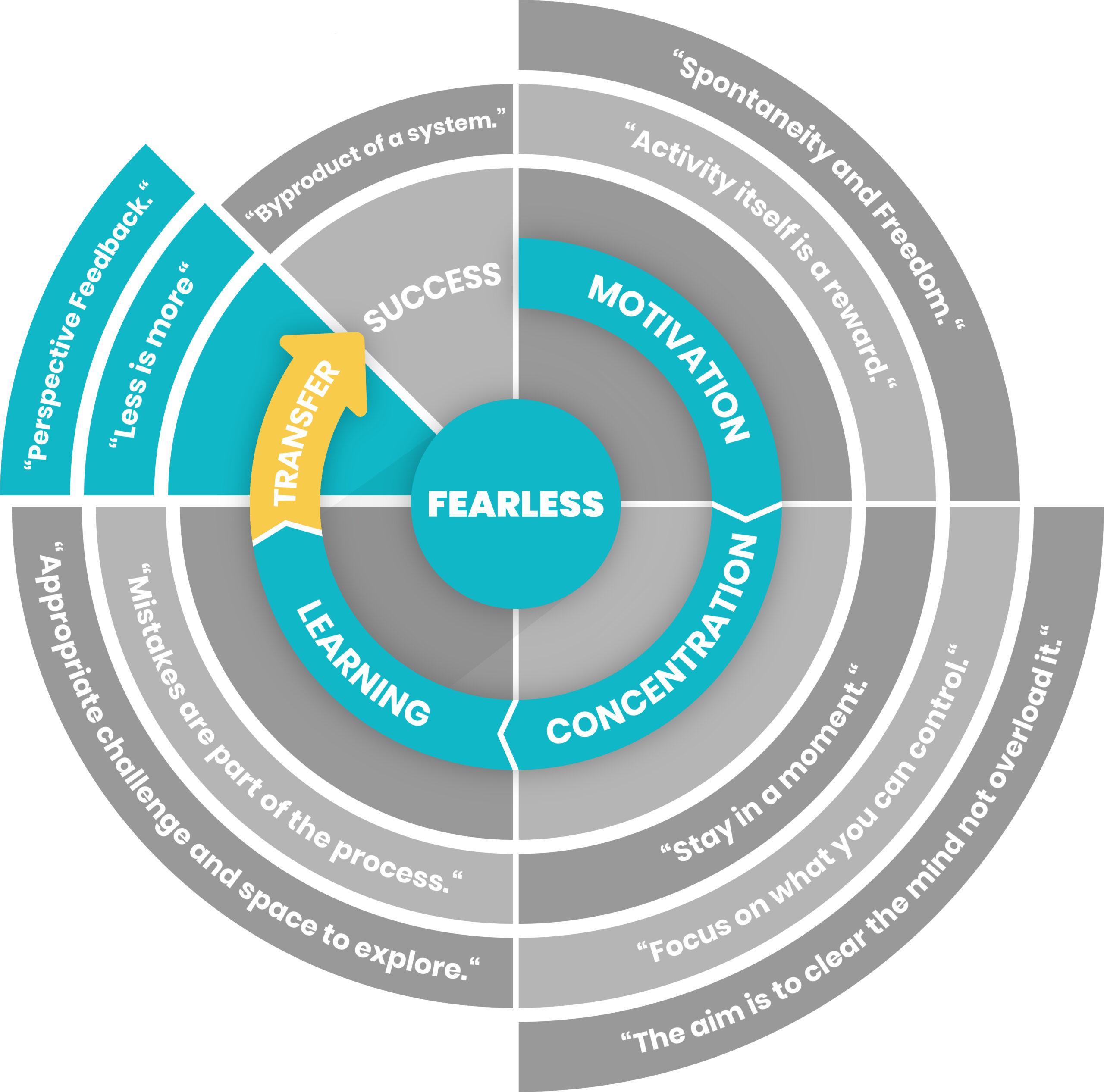
Full model
When parents react to their child's performance, they are actively shaping the neural connections in their child's brain.These reactions directly impact various aspects of the child’s development, such as their motivation, focus and emotional resilience, creativity, self-confidence. It’s important for parents to recognise the significant influence they have in those moments and to respond in ways that supports healthy development. Learn together- grow together.

Motivation
Light the fire. Guiding a child to develop their own intrinsic motivation isindeed an art form.When a child finds joy and fulfillment in sports, seeking self-improvement becomes a natural desire. It’s crucial to establish a thoughtful system of responses in this journey. Rewards and punishments do serve as fundamental tools that shape which neural pathways are reinforced and which are diminished. Your role as a parent is to foster and nurture the player’s internal drive and passion for the sport.
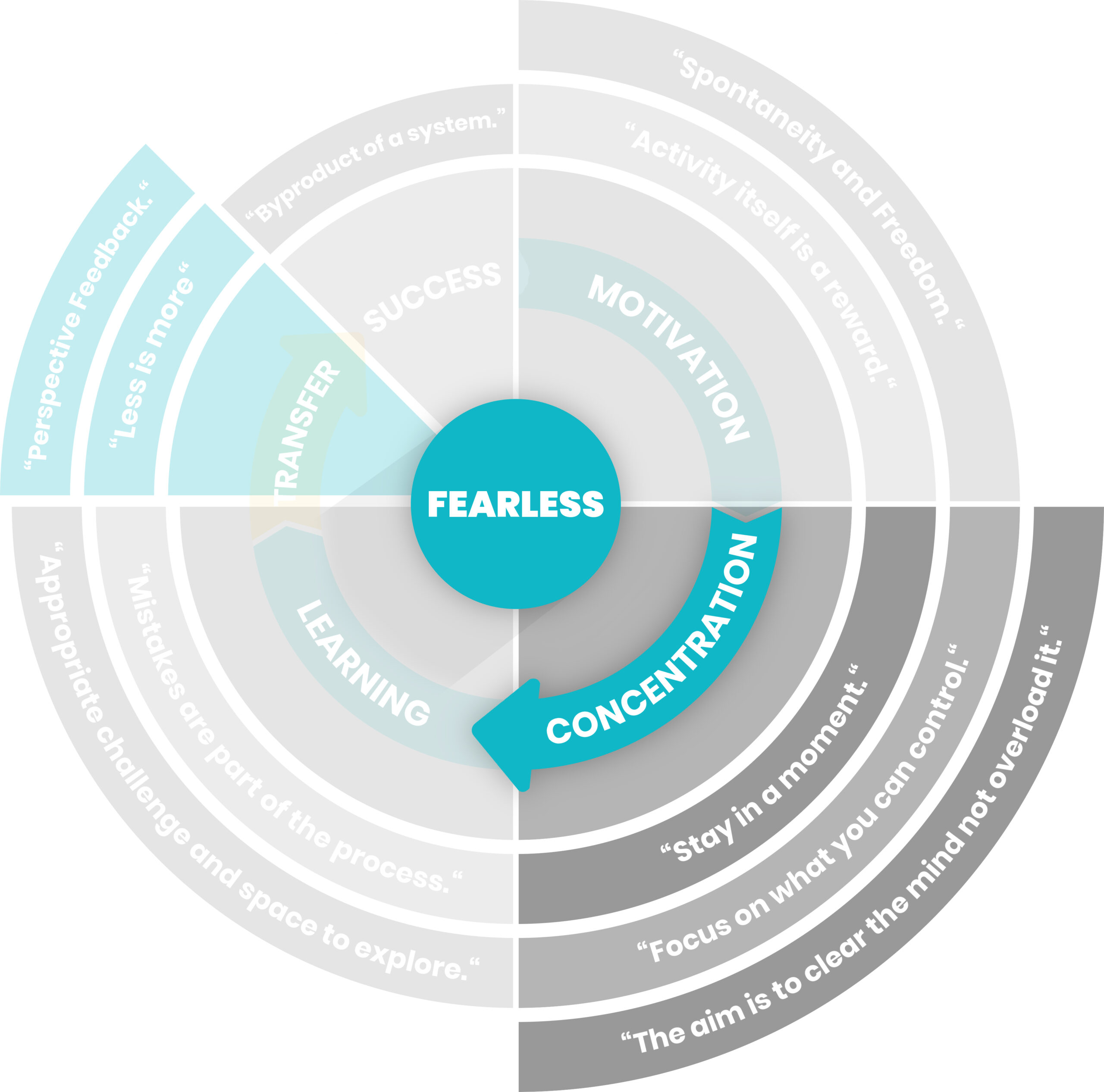
Concentration
When a child engages in a play, they naturally immerse themselves fully in the activity uninhibited by worries about how others perceive their performance.This innate ability allows them to become completely absorbed in the moment. However, parents sometimes unknowingly can interrupt this state of flow by intruding into their children’s thoughts. It’s important to remember that less is often more in these situations.
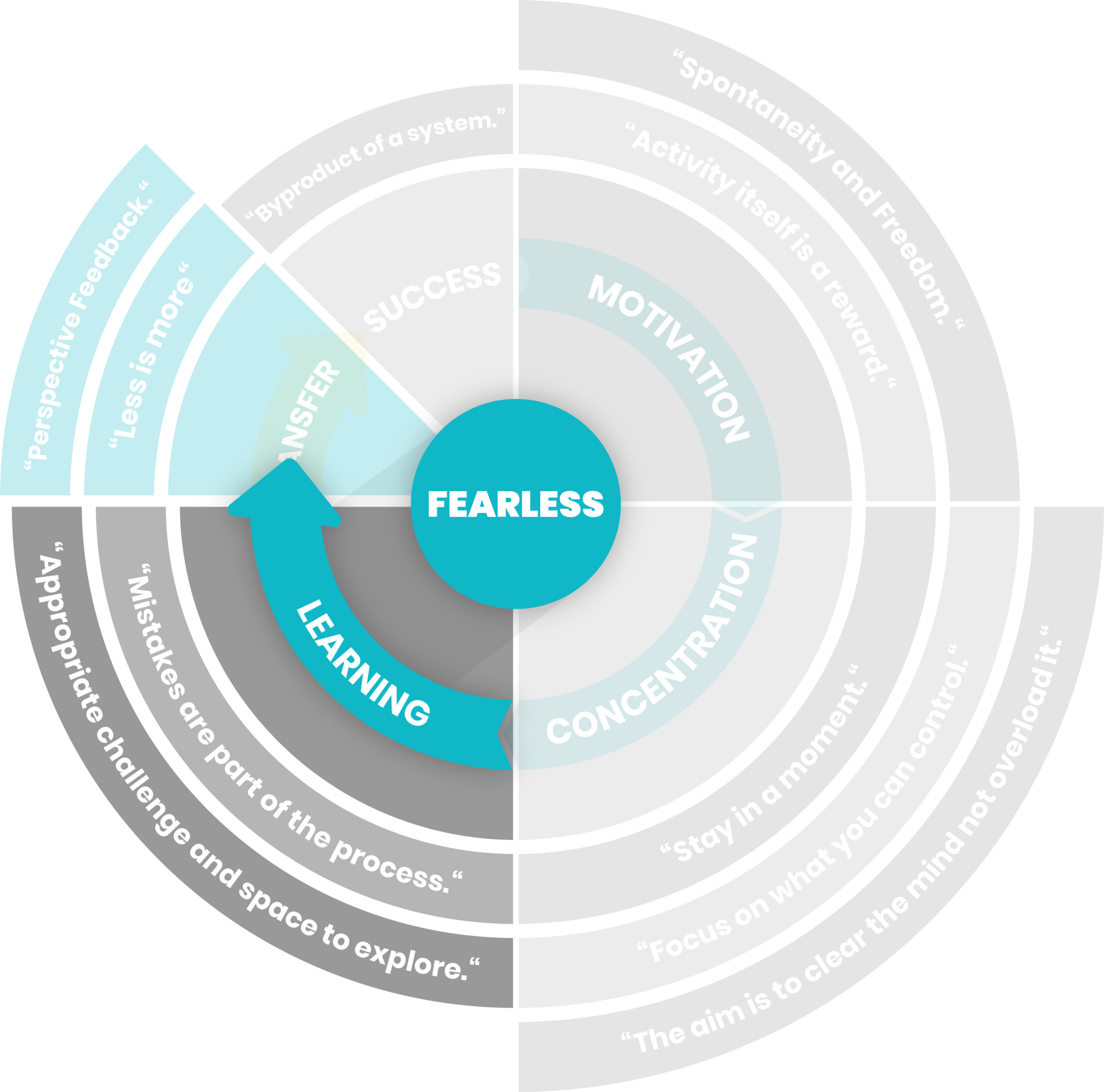
Learning
Creating a safe environment is essential for nurturing a confident, creative, and resilient player.Children thrive when they have the freedom to experiment, test ideas, and explore different strategies. This process naturally involves making mistakes, which are crucial for learning. If parents are not accepting of mistakes, it can create doubt, uncertainty, and a fear of disappointment in the child’s mind. How parents react to these mistakes is crucial.
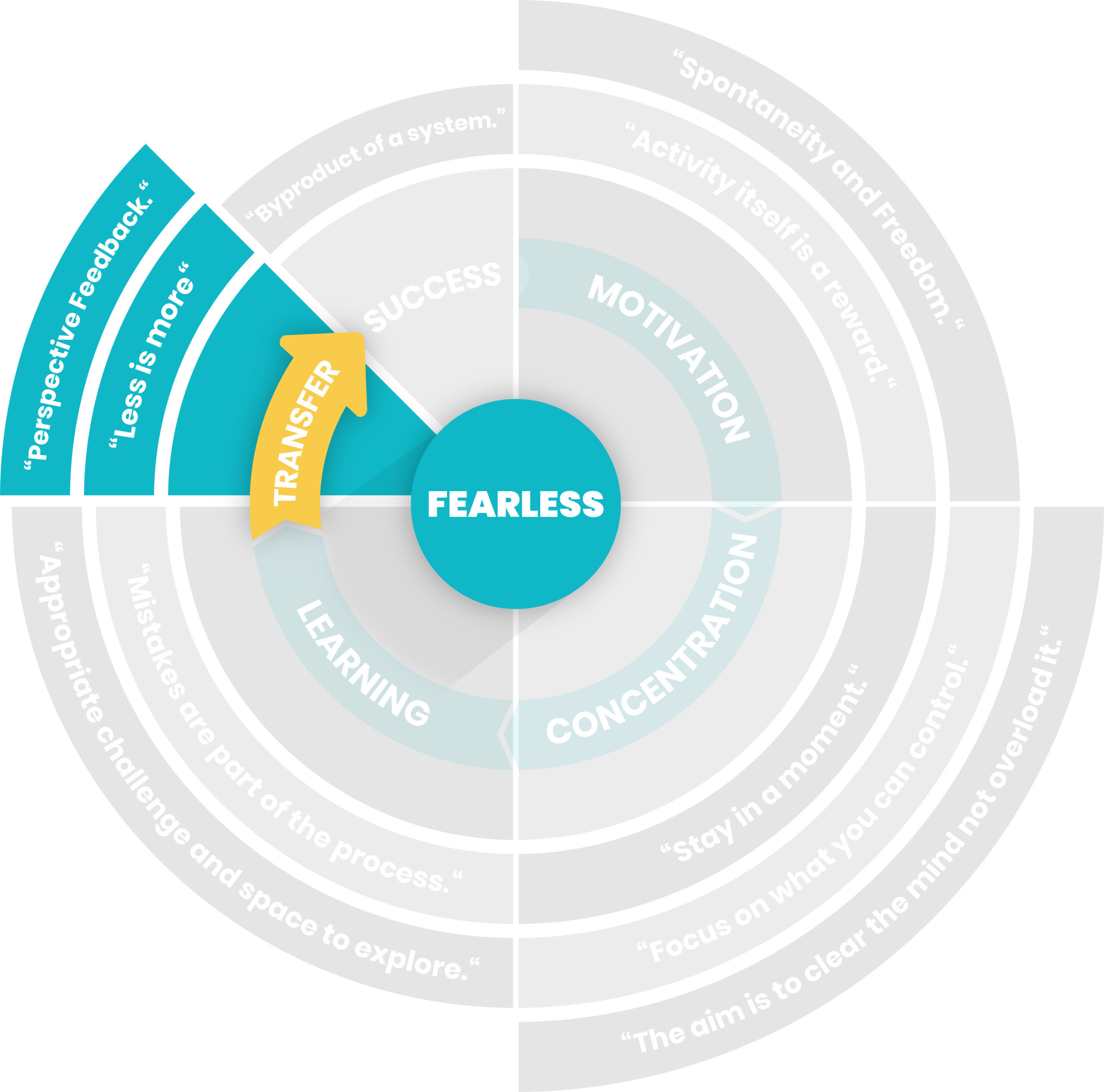
Transfer
When a child is motivated and fully focused they learn skillseffectively.Transferring these skills into a match setting is crucial, and how parents react after the match plays a significant role in shaping the child’s conscious. Your reactions afterward will influence whether the child feels confident or cautious, fearless or fearful, relaxed or tense. Learn to appreciate what you want to occur again in the future and learn not to react at all in the same way. Less is more, and the player must feel that you like him the same, whether he wins or loses.
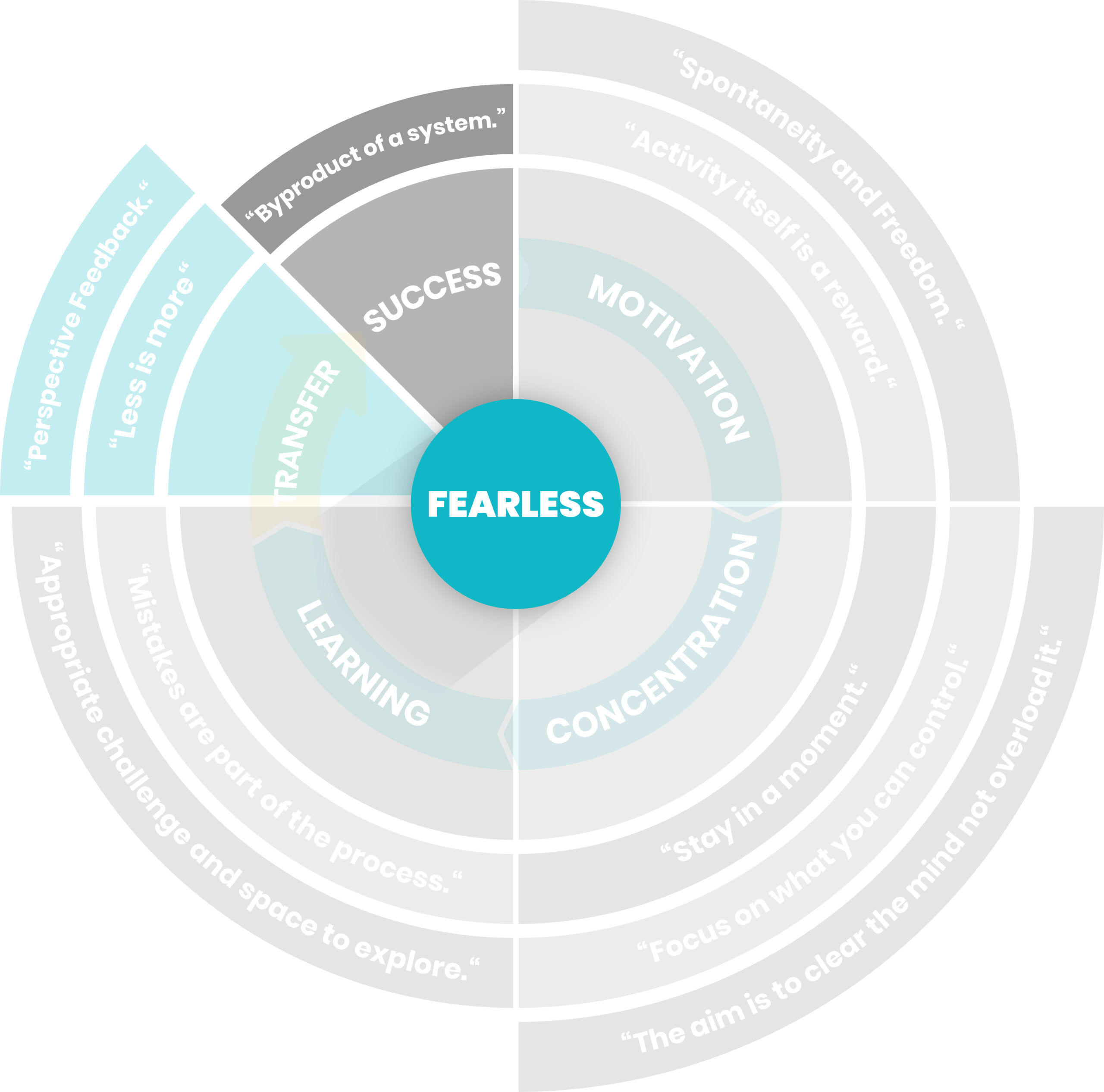
Success
Success is a byproduct of a well-established system.If a child is motivated, focused, learns well and is not afraid to take risks during the game. Creative results will come on their own. Sport itself offers a great number of opportunities for personal development and the goal should be not only to build a great player but first and foremost a great person.
THE BOOK
IN YOUR HANDS
- Marco HaesigSeptember 4, 2017
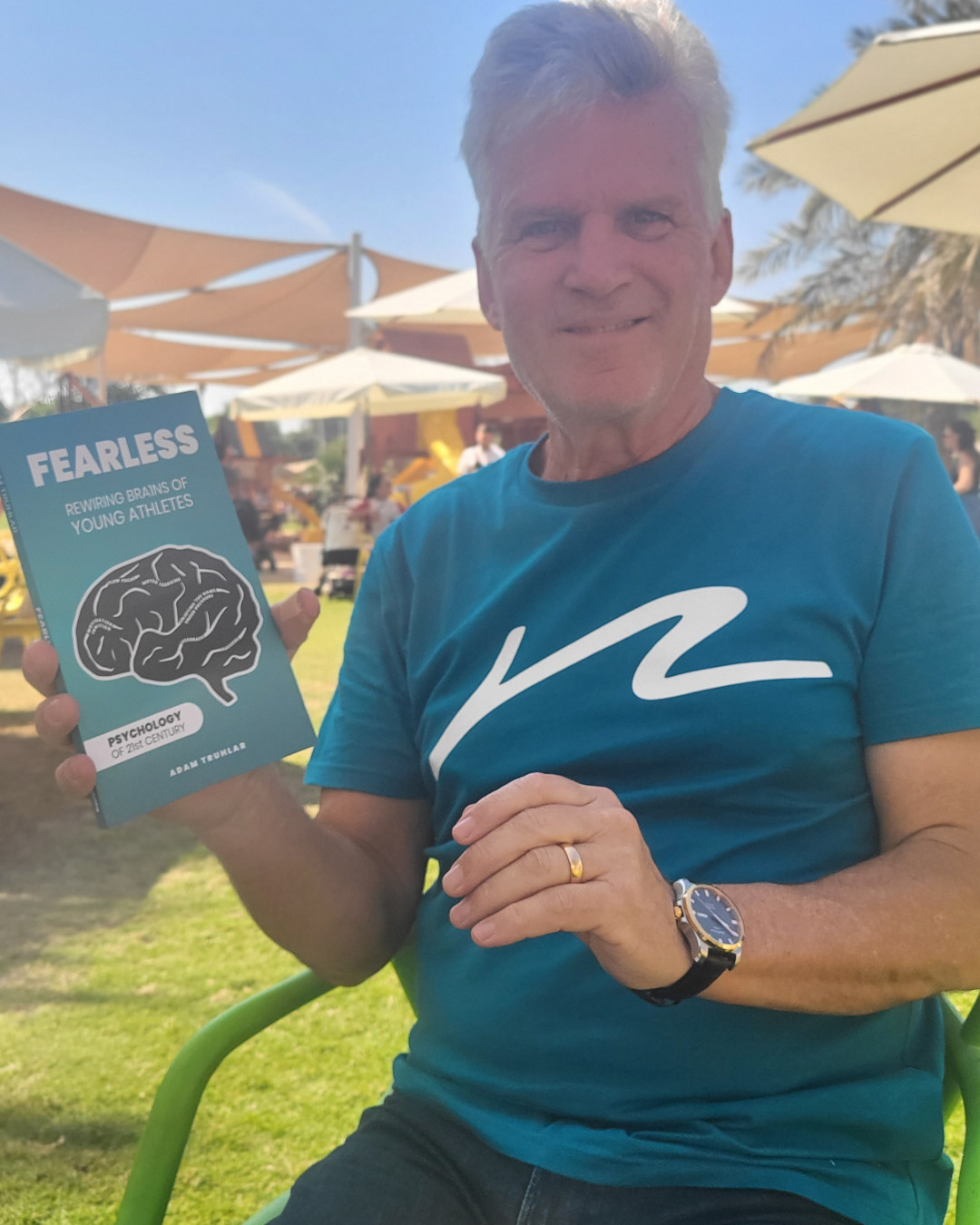 Marco Haesig
Marco HaesigOwner of NRG Switzerland tennis club
- Kamil KovalčikSeptember 4, 2017
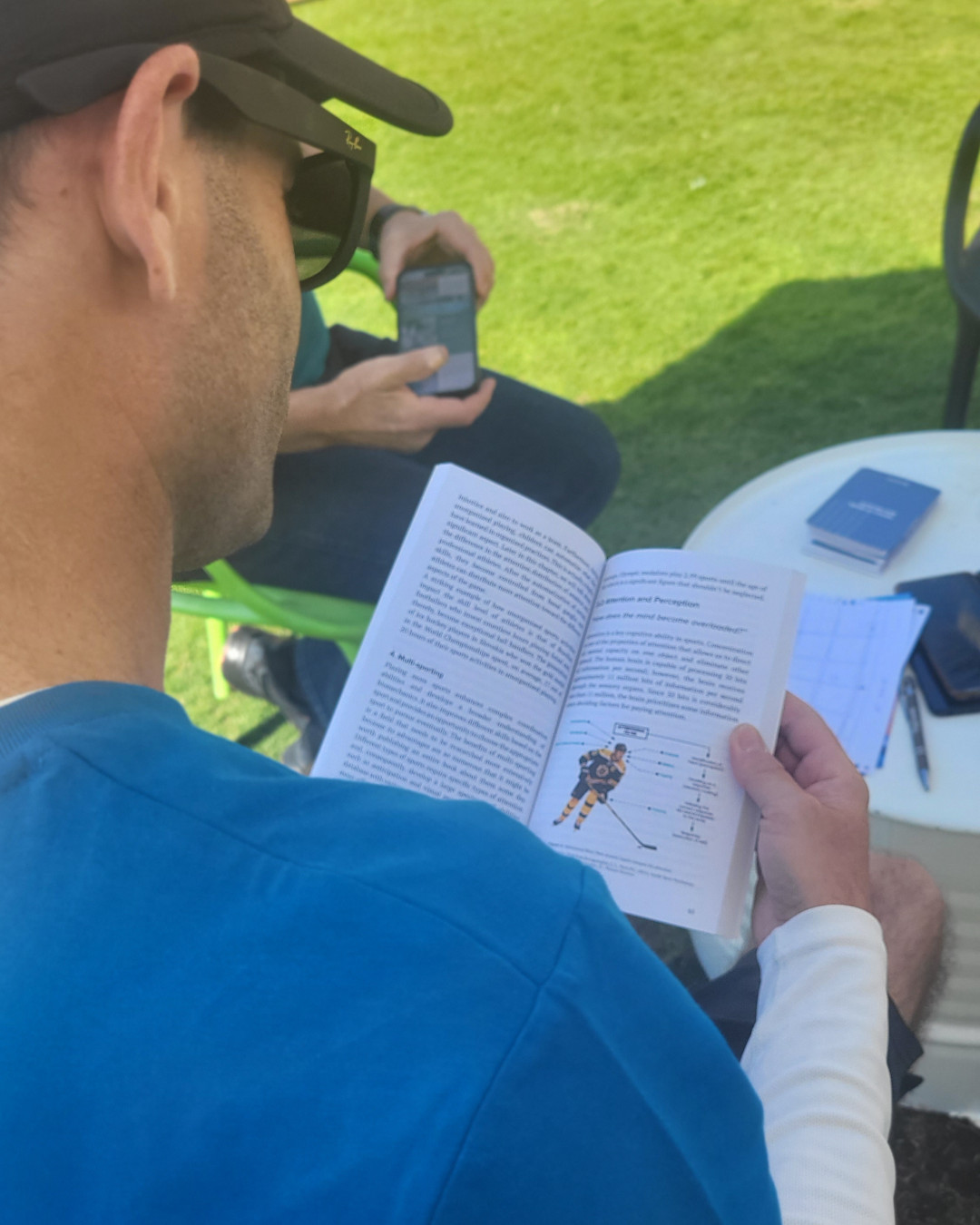 Kamil Kovalčik
Kamil KovalčikCoach of performance players
- Peter VeselovskySeptember 4, 2017
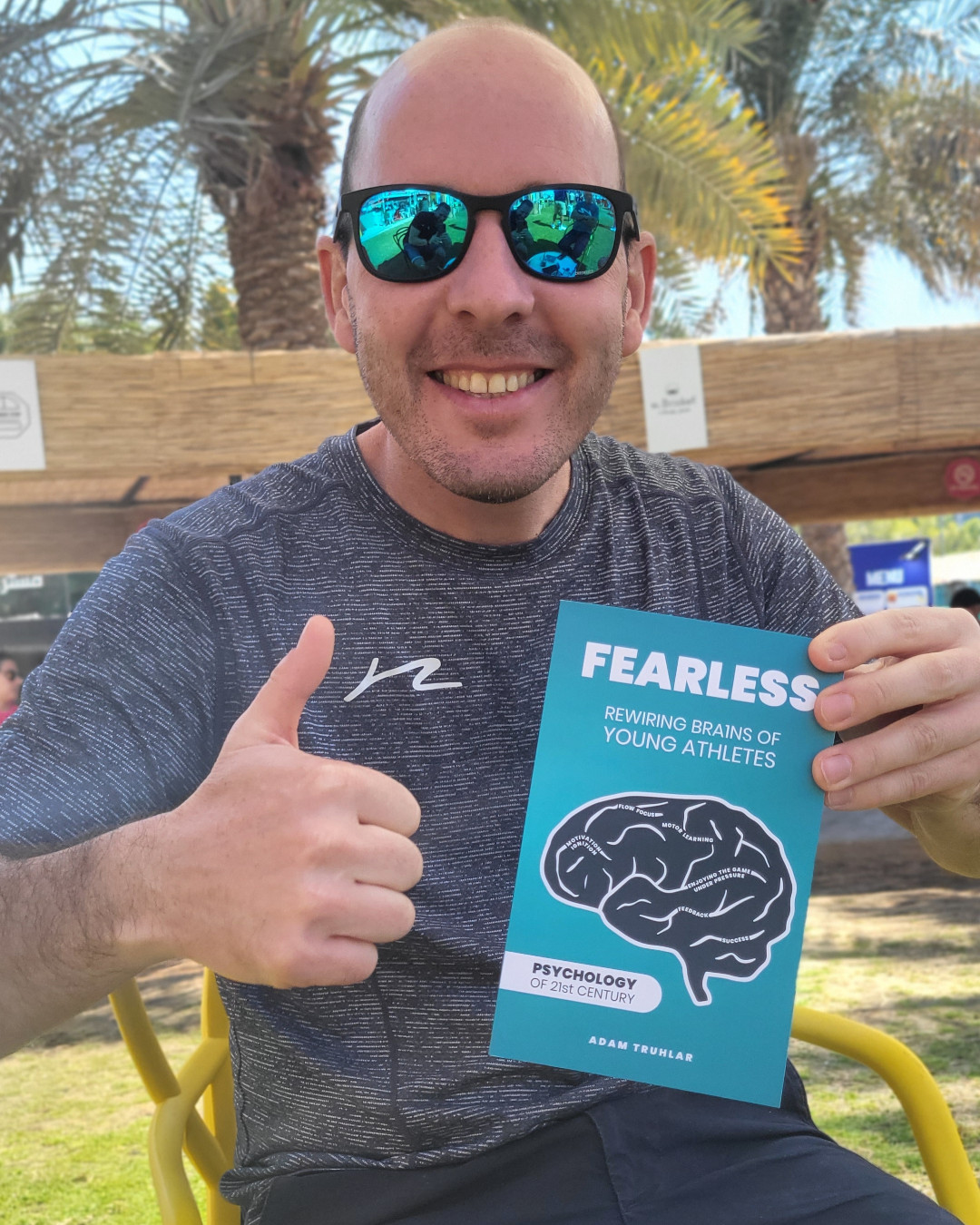 Peter Veselovsky
Peter VeselovskySwitzerladn tenis coach of represenat under 18
- Fero PolyakSeptember 4, 2017
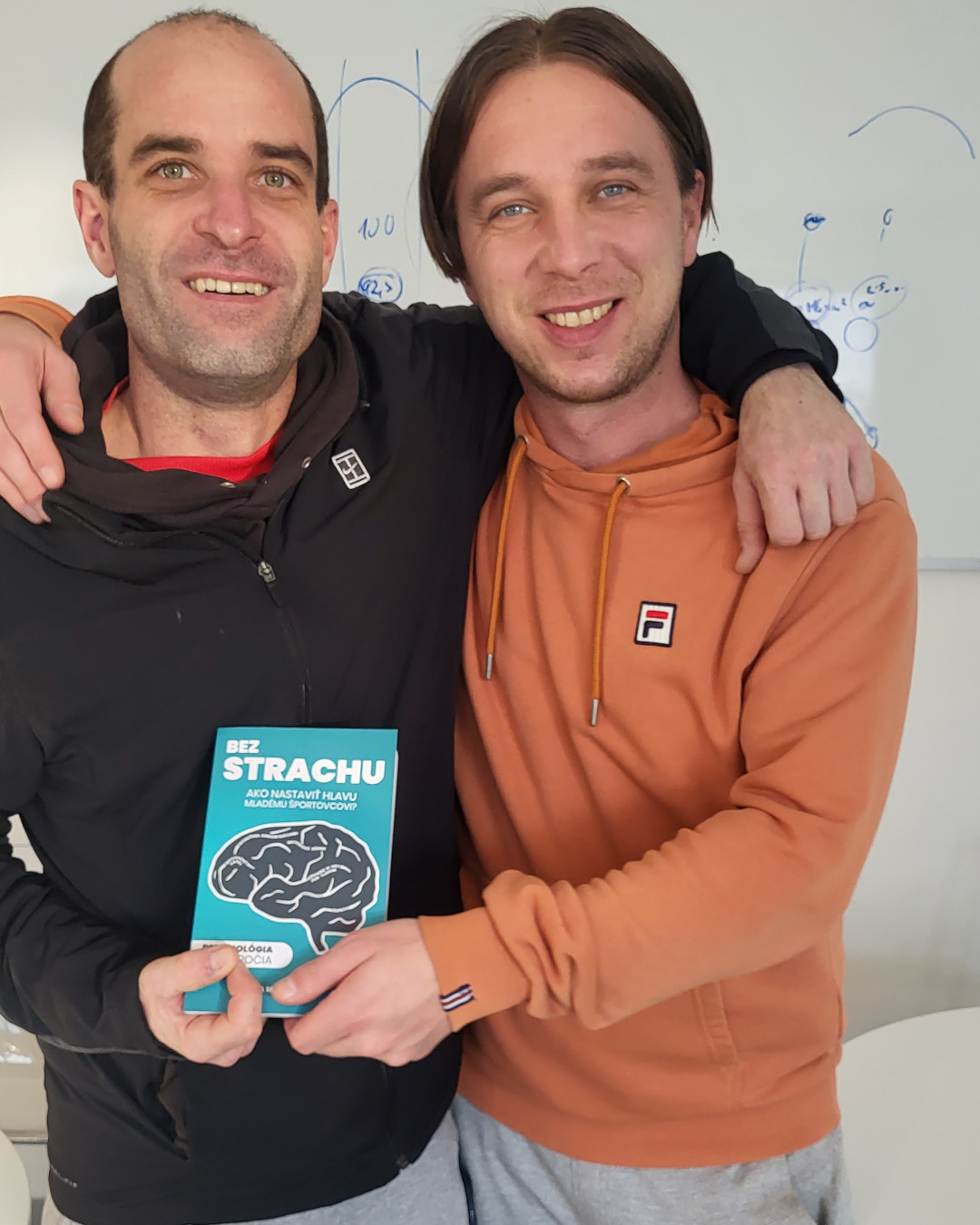 Fero Polyak
Fero PolyakManager of tennis school Dubia
- National Para- Archery TeamSeptember 4, 2017
 National Para- Archery Team
National Para- Archery TeamDubai Gold Medalists
